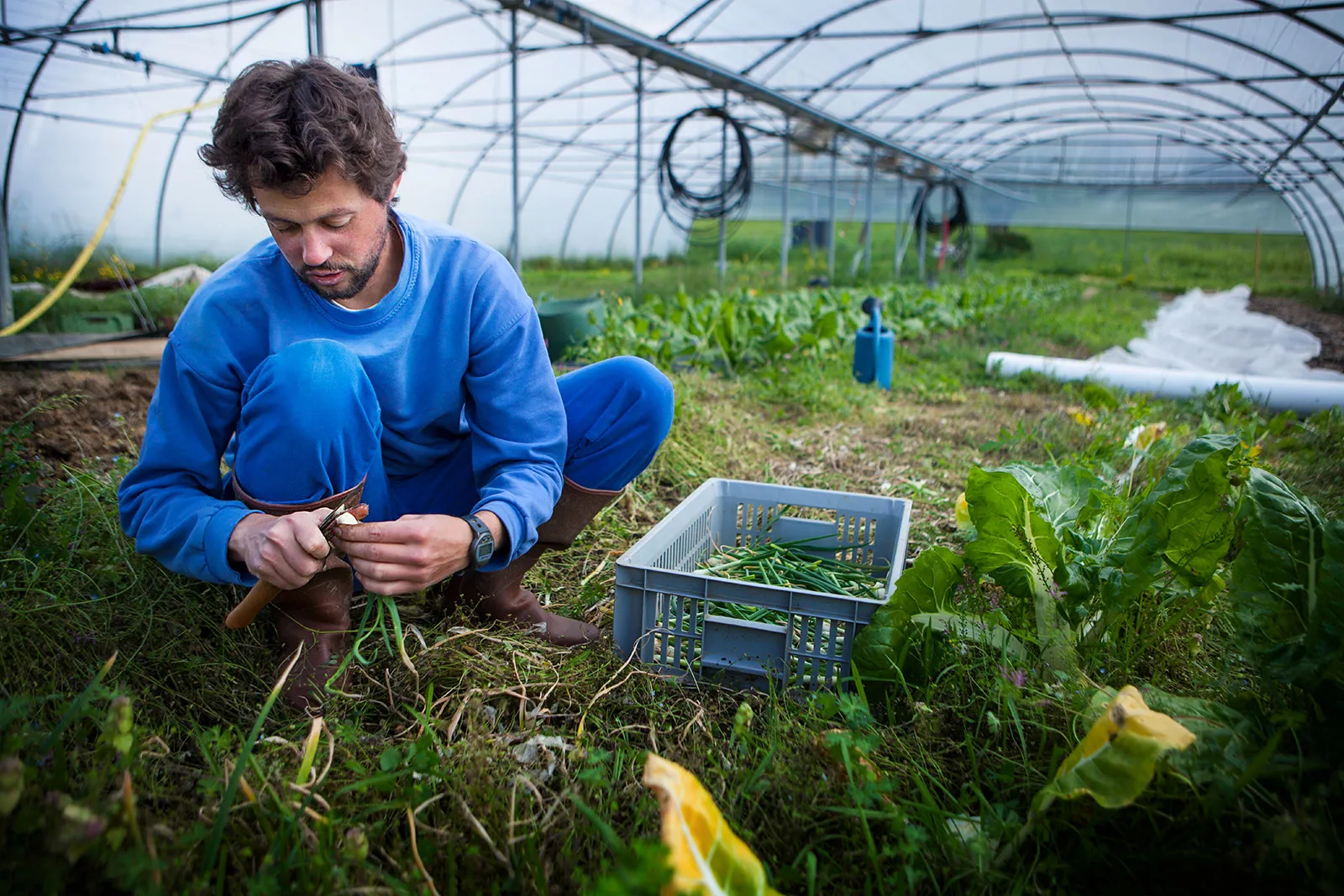Adopting sustainable practices for greener farms is essential in today’s agriculture to preserve the environment while maintaining productivity. Farmers worldwide face the challenge of feeding growing populations without exhausting natural resources. Sustainable farming balances economic success with ecological stewardship, ensuring that farms remain productive for generations to come. Implementing the right methods can improve soil health, conserve water, and reduce harmful chemical use.

Embrace Crop Rotation and Diversity
One of the foundational sustainable practices for greener farms is crop rotation. Alternating crops on the same land helps break pest cycles, reduces disease buildup, and improves soil fertility. Instead of monoculture, growing diverse crops also encourages beneficial insects and enhances biodiversity. For example, rotating legumes with grains adds nitrogen naturally to the soil, reducing the need for synthetic fertilizers. Crop diversity strengthens farm resilience against climate challenges and market fluctuations.
Use Organic Fertilizers and Compost
Replacing chemical fertilizers with organic alternatives benefits both soil and plants. Organic fertilizers, including compost, manure, and green manures, release nutrients slowly and improve soil structure. Compost adds valuable organic matter, which enhances water retention and supports microbial life crucial for nutrient cycling. This method not only nourishes crops but also sequesters carbon, helping mitigate climate change. Using on-farm waste to create compost closes nutrient loops and reduces environmental impact.
Implement Integrated Pest Management (IPM)
Integrated Pest Management (IPM) is a smart way to control pests while minimizing chemical use. IPM combines biological controls, crop rotation, resistant varieties, and careful monitoring to manage pests sustainably. Beneficial insects such as ladybugs and predatory wasps are introduced to keep pest populations in check. When necessary, targeted, least-toxic pesticides are applied only as a last resort. This approach reduces pesticide resistance and protects pollinators and other beneficial organisms.
Conserve Water with Efficient Irrigation
Water is a precious resource on any farm. Sustainable farms adopt efficient irrigation methods such as drip irrigation, which delivers water directly to plant roots, minimizing evaporation and runoff. Mulching around plants helps retain soil moisture and suppress weeds, reducing water needs further. Rainwater harvesting systems can also supplement irrigation, capturing natural precipitation for farm use. Together, these practices conserve water and improve crop yields even in drought-prone areas.
Protect and Enhance Soil Health
Healthy soil is the backbone of sustainable farming. Practices like reduced tillage or no-till farming prevent soil erosion and maintain organic matter. Cover cropping with plants like clover or rye between main crops protects the soil surface and adds nutrients. Maintaining soil pH and testing nutrient levels regularly helps farmers apply only what is needed, preventing excess fertilizer runoff. Soil health improvements increase productivity while supporting long-term ecological balance.
Incorporate Renewable Energy and Reduce Waste
Many greener farms are turning to renewable energy sources such as solar or wind power to reduce their carbon footprint. These technologies can power irrigation pumps, greenhouses, and processing equipment sustainably. Additionally, farms can reduce waste by recycling materials, composting crop residues, and minimizing packaging. These efforts reduce pollution and operational costs, making farms both greener and more economically viable.
Conclusion: Growing Farms That Last
Adopting sustainable practices for greener farms is no longer optional—it’s a necessity for future food security and environmental health. By rotating crops, using organic fertilizers, managing pests intelligently, conserving water, and protecting soil, farmers create productive, resilient systems. Renewable energy and waste reduction further enhance sustainability. Together, these steps ensure that farms thrive in harmony with nature, supporting communities now and for generations to come.
